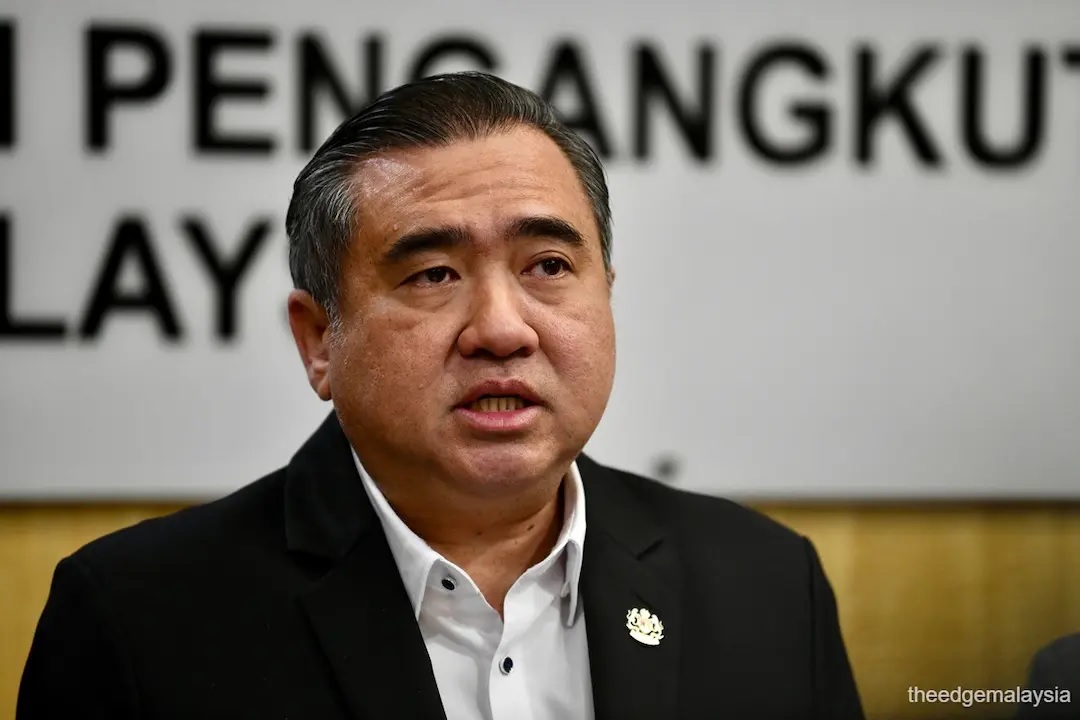
- Transport Minister Anthony Loke said consultants appointed for the study are currently conducting extensive domestic engagement sessions with federal ministries, state governments, relevant agencies and industry players to gather preliminary views and assess domestic market capacity.
KUALA LUMPUR (Nov 17): The Transport Ministry said it has commenced a feasibility study on the proposed Trans Borneo Railway project to assess the potential development of a rail network across Sabah and Sarawak.
The study started in June and is expected to be completed by the middle of next year, said Transport Minister Anthony Loke (pictured) in a written parliamentary reply to Yusuf Abd Wahab (GPS–Tanjong Manis).
Loke said consultants appointed for the study are currently conducting extensive domestic engagement sessions with federal ministries, state governments, relevant agencies and industry players to gather preliminary views and assess domestic market capacity.
Subsequently, engagements with the governments of Brunei and Indonesia will also be carried out to ensure alignment with cross-border development plans, he added.
“The government will evaluate the project proposal based on the findings of the feasibility study, which will cover various aspects including technical requirements, socio-economic benefits, cost considerations and the country’s long-term financial capacity,” Loke said.
The Trans Borneo Railway—which aims to connect Sabah, Sarawak, Brunei and Kalimantan, Indonesia—was first proposed by former prime minister Datuk Seri Najib Razak to then Indonesian president Joko Widodo in 2015 to facilitate the movement of people, goods and services.
In April last year, Brunei-based Brunergy Utama Sdn Bhd claimed it would undertake the US$70 billion (RM330 billion) project in two phases, involving a route spanning over 1,600 kilometres with trains capable of reaching speeds of up to 350km/h.
However, Loke later refuted the claim, stressing that the project remains a proposal and has not been offered to any company. He added that any mega project is only considered valid if officially announced by the government.





